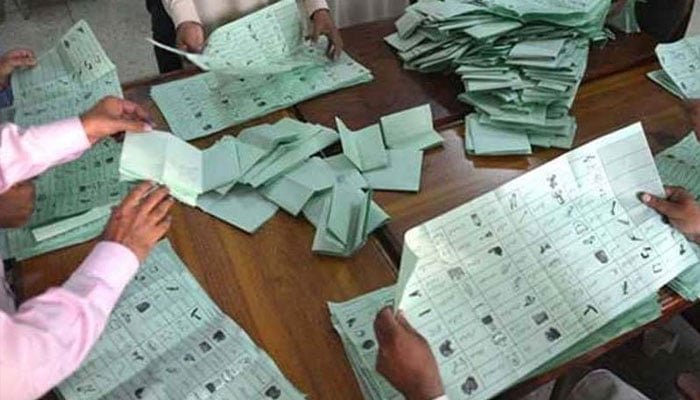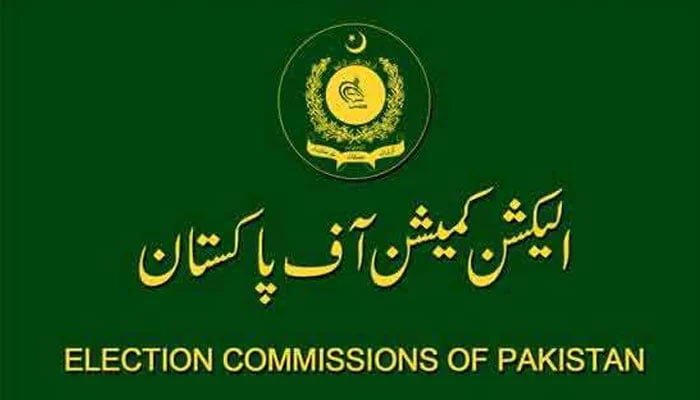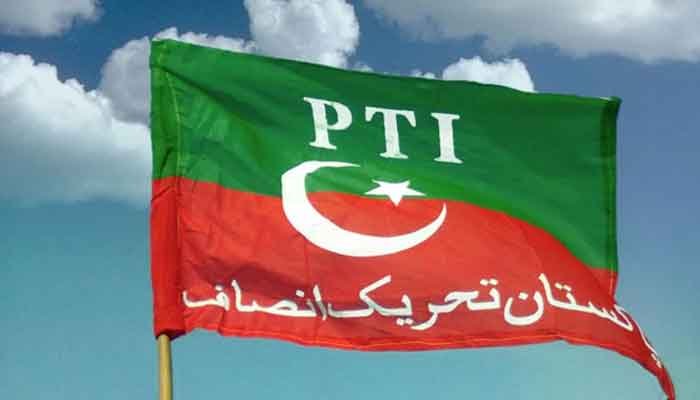The aftermath of the recent by-election in Pakistan’s NA-251 constituency has stirred significant controversy and political upheaval. Following the opening of postal votes, the National Assembly seat’s outcome underwent a drastic change, leading to protests and disruptions across the region.
The alteration in the outcome of NA-251, attributed to the addition of a thousand votes, resulted in the success of Maulana Samiullah from the Jamiat Ulema-e-Islam (F) party. This sudden shift in favor sparked widespread dissatisfaction among supporters of other candidates, particularly Khushal Khan of the Pashtun Tahafuz Movement (PTM), who had previously held a strong position.
In response to the perceived injustice, activists and workers from the Pashtun Tahafuz Movement took to the streets in protest. The demonstrations, marked by fervent slogans and impassioned speeches, underscored the deep-seated grievances and frustrations within the community regarding electoral integrity and fairness.
The protests escalated further as key transportation arteries, including the Quetta and DI Khan national highways, were forcibly blocked by agitators. The strategic blockade aimed to draw attention to the perceived electoral irregularities and to exert pressure on authorities to address the grievances of the disenfranchised electorate.
Amidst the turmoil, accusations of electoral malpractice and manipulation reverberated within the political landscape, casting a shadow of doubt over the legitimacy of the electoral process. Calls for transparency and accountability echoed from various quarters, with demands for impartial investigations into the alleged discrepancies gaining traction.
The volatile situation in NA-251 exemplifies the broader challenges facing Pakistan’s democratic institutions, highlighting the delicate balance between electoral democracy and the imperative for integrity and fairness in the electoral process. The incident underscores the urgent need for robust mechanisms to safeguard the sanctity of elections and uphold the principles of democracy, ensuring that the voice of the electorate is respected and their choices accurately reflected in the outcome.
As tensions continue to simmer and political maneuvering intensifies, the repercussions of the NA-251 by-election resonate far beyond its immediate aftermath, serving as a stark reminder of the enduring complexities and fragilities inherent in Pakistan’s political landscape.



